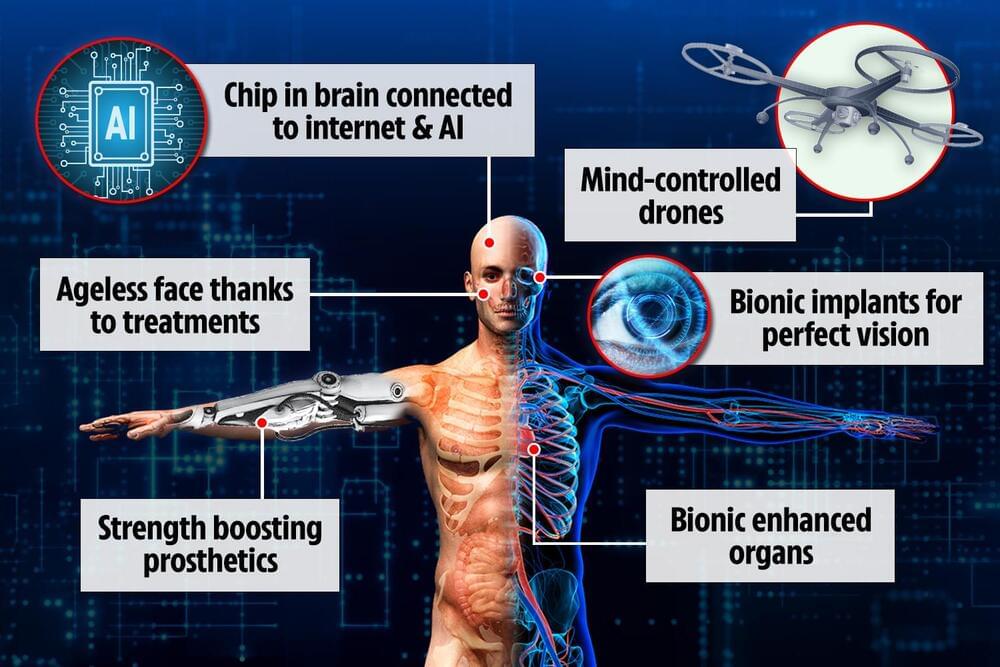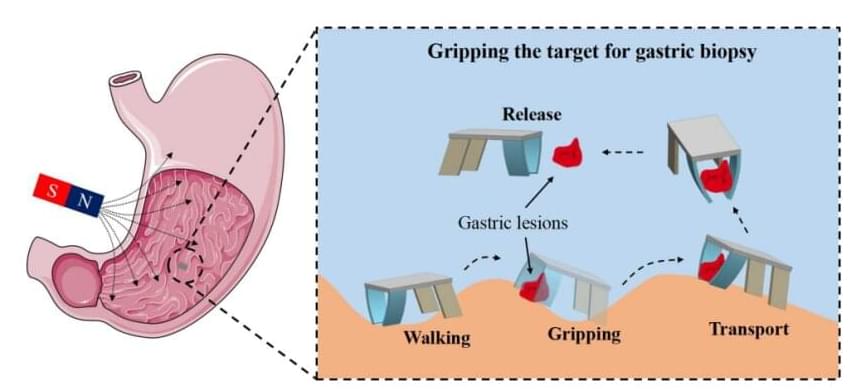Nita Farahany, professor of law and philosophy at Duke University, has written a new book, The Battle for Your Brain: Defending the Right to Think Freely in the Age of Neurotechnology (Macmillan), which explores how our lives may be impacted by the use of brain-computer interfaces and neural monitoring devices.
Farahany argues that the development and use of neurotech presents a challenge to our current understanding of human rights. Devices designed to measure, record, and influence our mental processes—used by us or on us—may infringe on our rights to mental privacy, freedom of thought, and mental self-determination. She calls this collection of freedoms the right to cognitive liberty. IEEE Spectrum spoke with Farahany recently about the future and present of neurotech and how to weigh its promises—enhanced capabilities, for instance, including bionics and prosthetics and even a third arm —against its potential to interfere with people’s mental sovereignty.
Author, Nita FarahanyMerritt Chesson.




